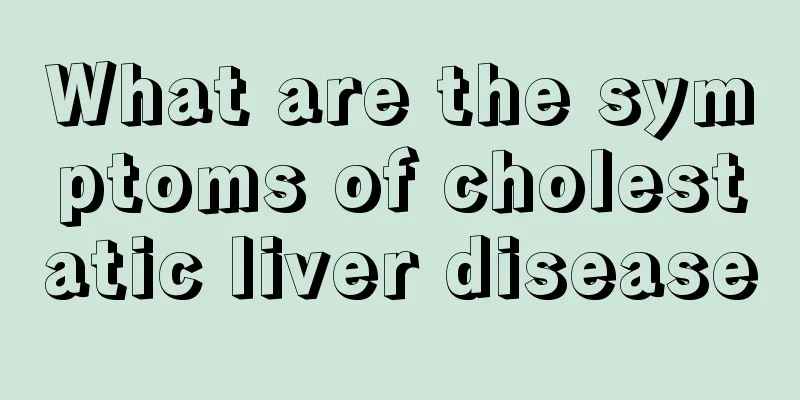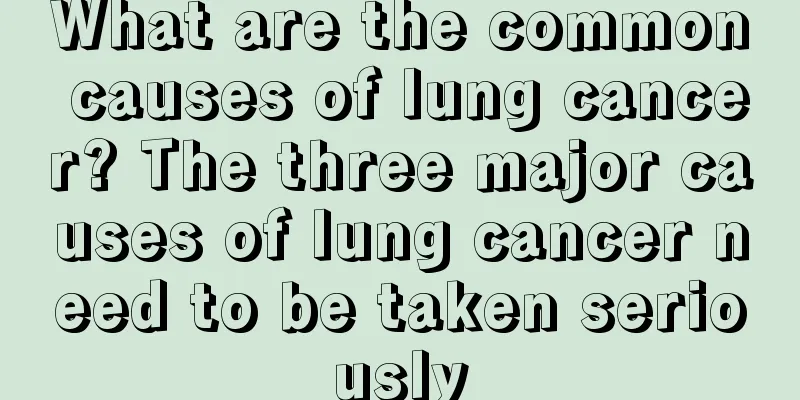Septic shock

|
Shock is a common complication in clinical practice. It is usually caused by some serious diseases, and infectious shock is one of them. The consequences of shock can be very serious, and some may even be fatal. Therefore, it is necessary for us to understand the symptoms of shock and to receive timely treatment when shock occurs. Below, experts will introduce us to the relevant content of infectious shock. Shock is a serious complication caused by various reasons. Septic shock is a common one. It can occur in the elderly, infants and young children, and also in those who suffer from chronic diseases and long-term malnutrition. The symptoms of this shock are serious and require timely treatment. Clinical manifestations 1. Clinical manifestations of the primary disease. 2. Clinical manifestations of infection in different parts of the body: such as bacterial endocarditis and respiratory tract infection. 3. Clinical manifestations of septic shock. Early stage: chills, sudden rise or fall in body temperature, normal or slightly low blood pressure, small pulse pressure difference, pale complexion, mild cyanosis of lips, deep and rapid breathing, decreased urine volume; middle stage: hypotension (systolic blood pressure below 10.7 kPa) and acidosis, shallow and rapid breathing, fast heart rate, low and dull heart sounds, irritability and drowsiness. Late stage: If blood pressure remains low or cannot be measured, disseminated intravascular coagulation may occur, manifesting as bleeding in the skin, mucous membranes, and internal organs, and multiple organ damage and failure such as the lungs, kidneys, heart, liver, and brain often occur simultaneously. Diagnosis 1. Evidence of infection: WBC count is usually >15-30×109/L, with nuclear shift to the left. In most cases, the source of infection can be found; 2. Diagnosis of shock: sudden rise and fall in body temperature, changes in consciousness, skin changes, and blood pressure below 10.7/6.7kPa. Treatment principles 1. Control infection, administer effective antibiotics intravenously early, in sufficient quantities and in combination, and actively treat the primary source of infection; 2. Replenish blood volume; 3. Correct acidosis; 4. Use vasoactive drugs; 5. Use adrenal cortex hormones; 6. Protect the functions of important organs. Medication principles 1. Penicillin and streptomycin are the first choice for anti-infection. 2. In severe cases, effective and strong antibiotics can be used in combination, or sensitive antibiotics can be selected based on pathogen culture. 3. For patients with concurrent anaerobic infection, metronidazole is the first choice. 4. For those with impaired liver or kidney function, appropriate antibiotics should be selected or the dosage of antibiotics should be adjusted. 5. Adopt comprehensive treatment and strengthen the treatment of the primary disease. From the introduction of the above experts, we have some understanding of the clinical symptoms, diagnostic basis and treatment principles of infectious shock. Since infectious shock is a very serious complication, timely rescue and treatment are required once it occurs, so as to effectively avoid serious consequences caused by shock. |
<<: What can you eat when you have a cold and what are the beneficial recipes
>>: Benefits of olive oil for weight loss and methods of building a gangster
Recommend
There are blisters on the eyeball
The eyes are the windows to the soul and are very...
What are the risk factors for bladder cancer? Get rid of these 4 common factors.
Factors that induce bladder cancer include smokin...
What to do if you have abdominal distension due to ascites? How to treat it
Ascites is a common liver disease. It is mainly c...
HER2-positive breast cancer survival period
HER2 positive breast cancer survival 1. In recent...
Advantages and disadvantages of radiotherapy for cervical cancer
Radiotherapy is a commonly used method in tumor t...
Small lumps of flesh grow on the body, the cause is terrible
Nowadays, people are more and more concerned abou...
Symptoms of cervical vertebra fracture
The spine can be said to be the most important th...
How to deal with the digestive tract reaction of nasogastric feeding for esophageal cancer
As the superiority of enteral nutrition becomes i...
How to make dragon fruit jelly
Dragon fruit is a common fruit in people's da...
Why does the stool become sticky and black?
If the stool is sticky and black, you need to be ...
The role of metronidazole
Metronidazole is a very common drug. It is very e...
Diet therapy for bronchial asthma
Long-term existence of bronchial asthma will make...
What to do if you forget to take the contraceptive pill for one day
Contraceptive pills cannot be taken for a long ti...
How to preserve mangoes?
Mango is a very common tropical fruit in our dail...
What are the cleaning methods for washing machines with odor?
Most households have washing machines, and many o...









